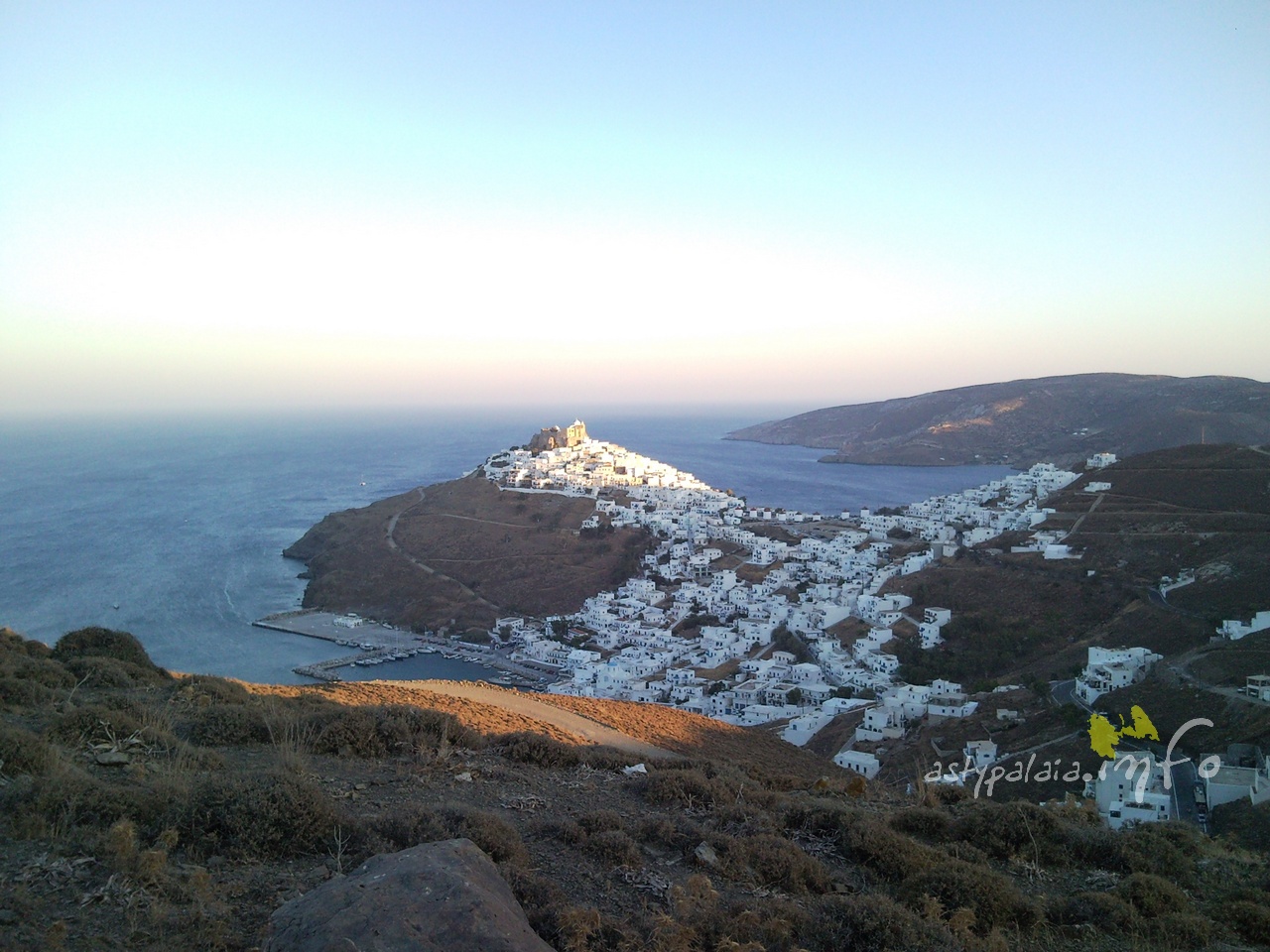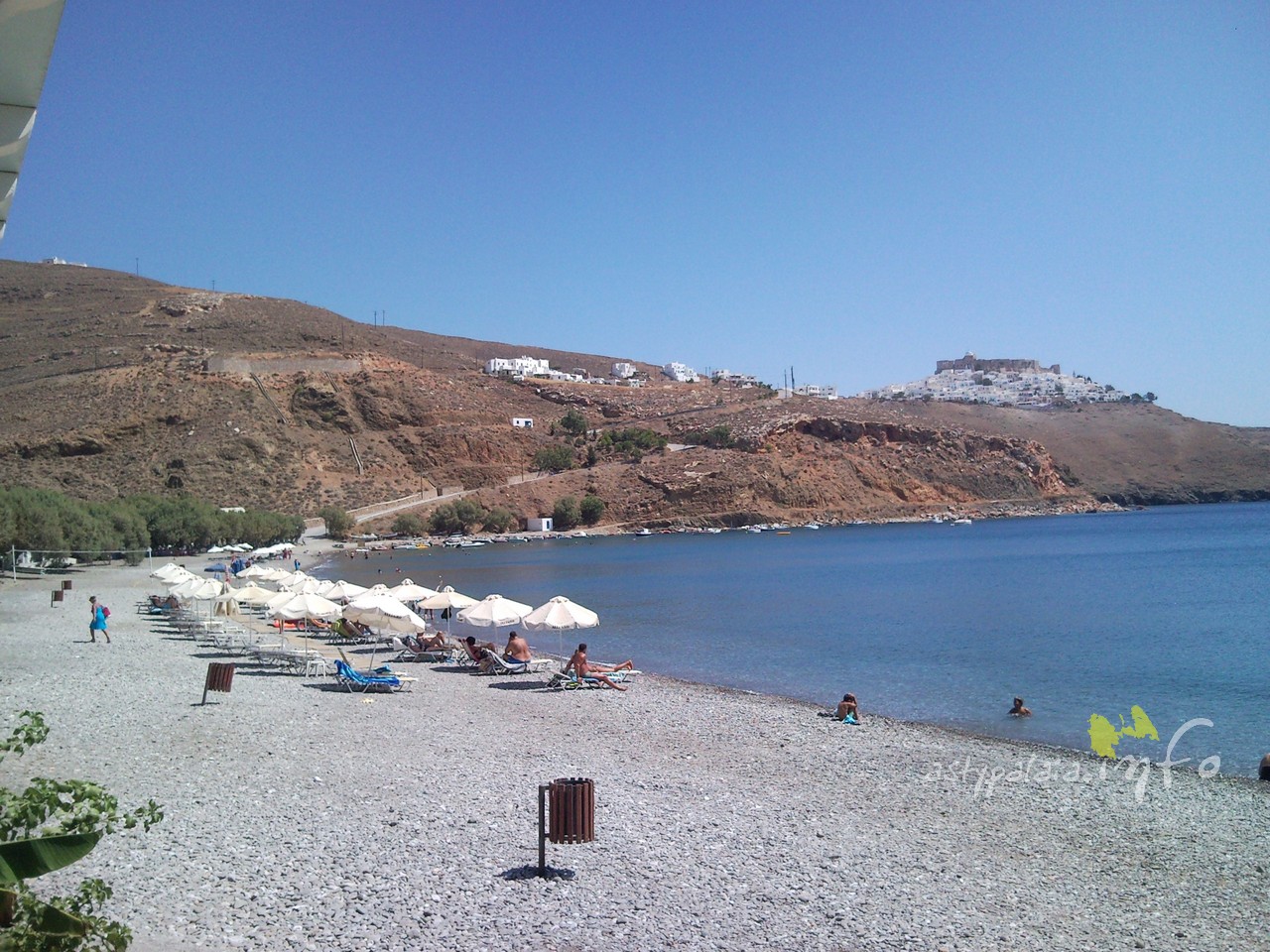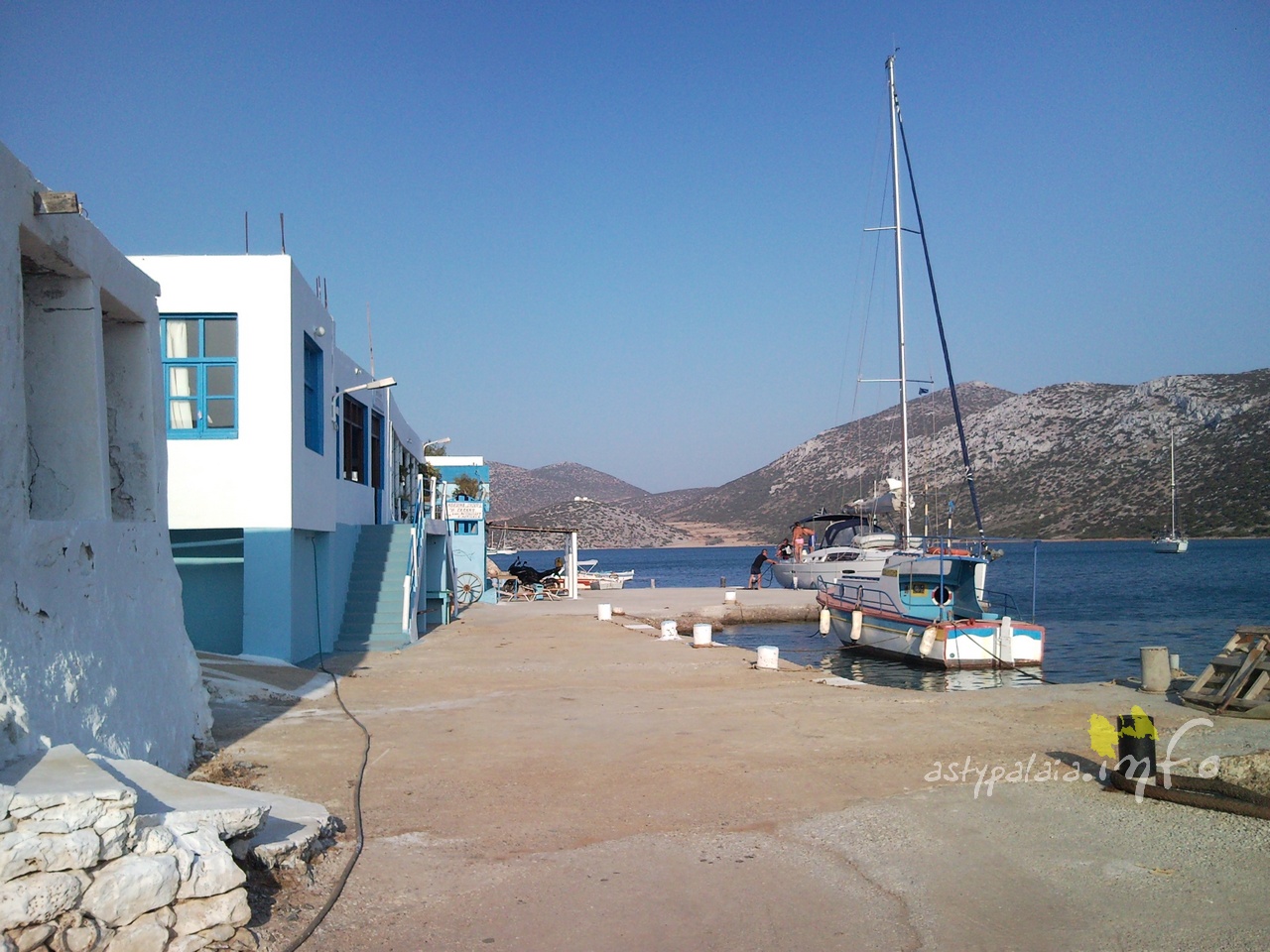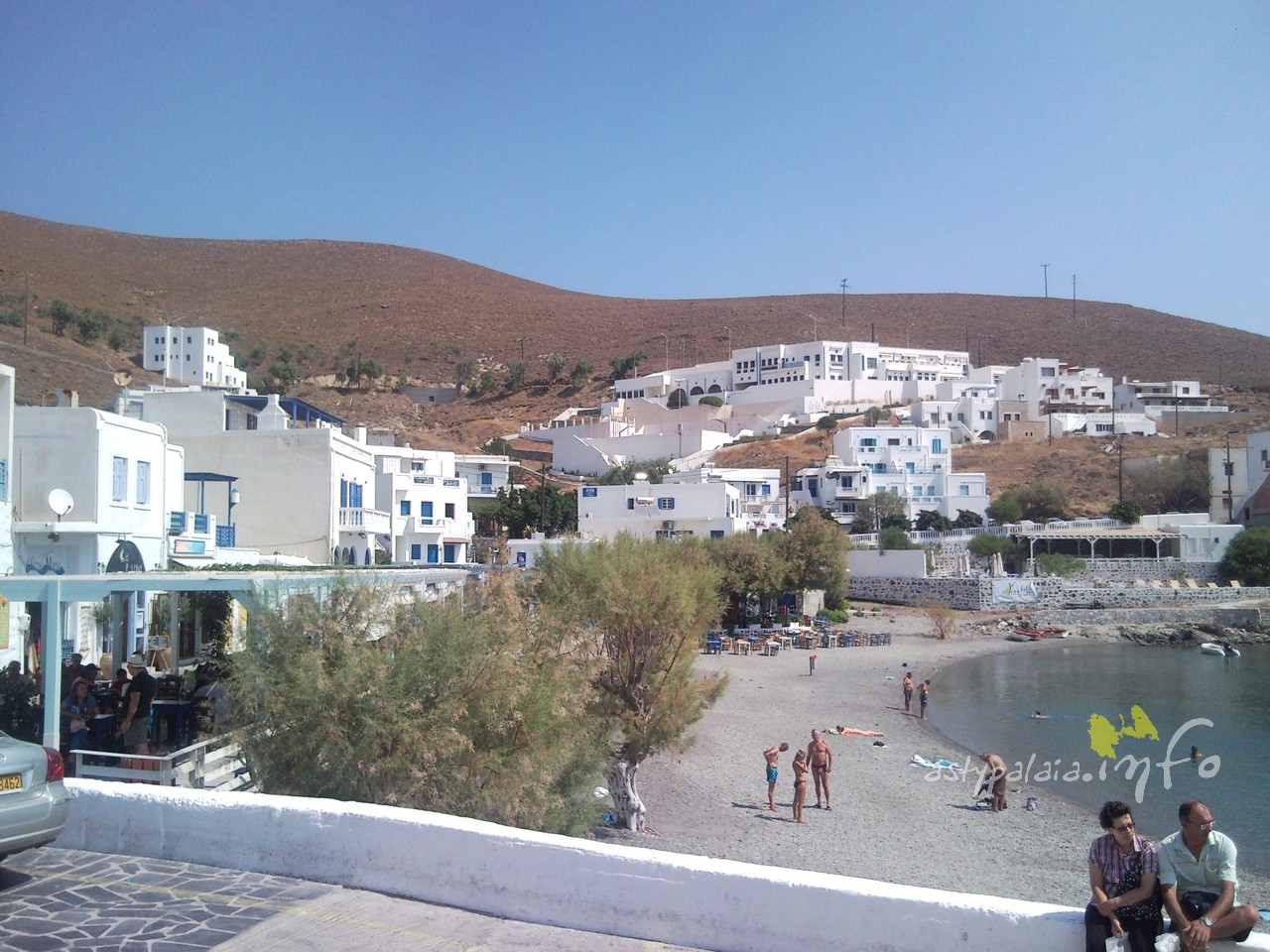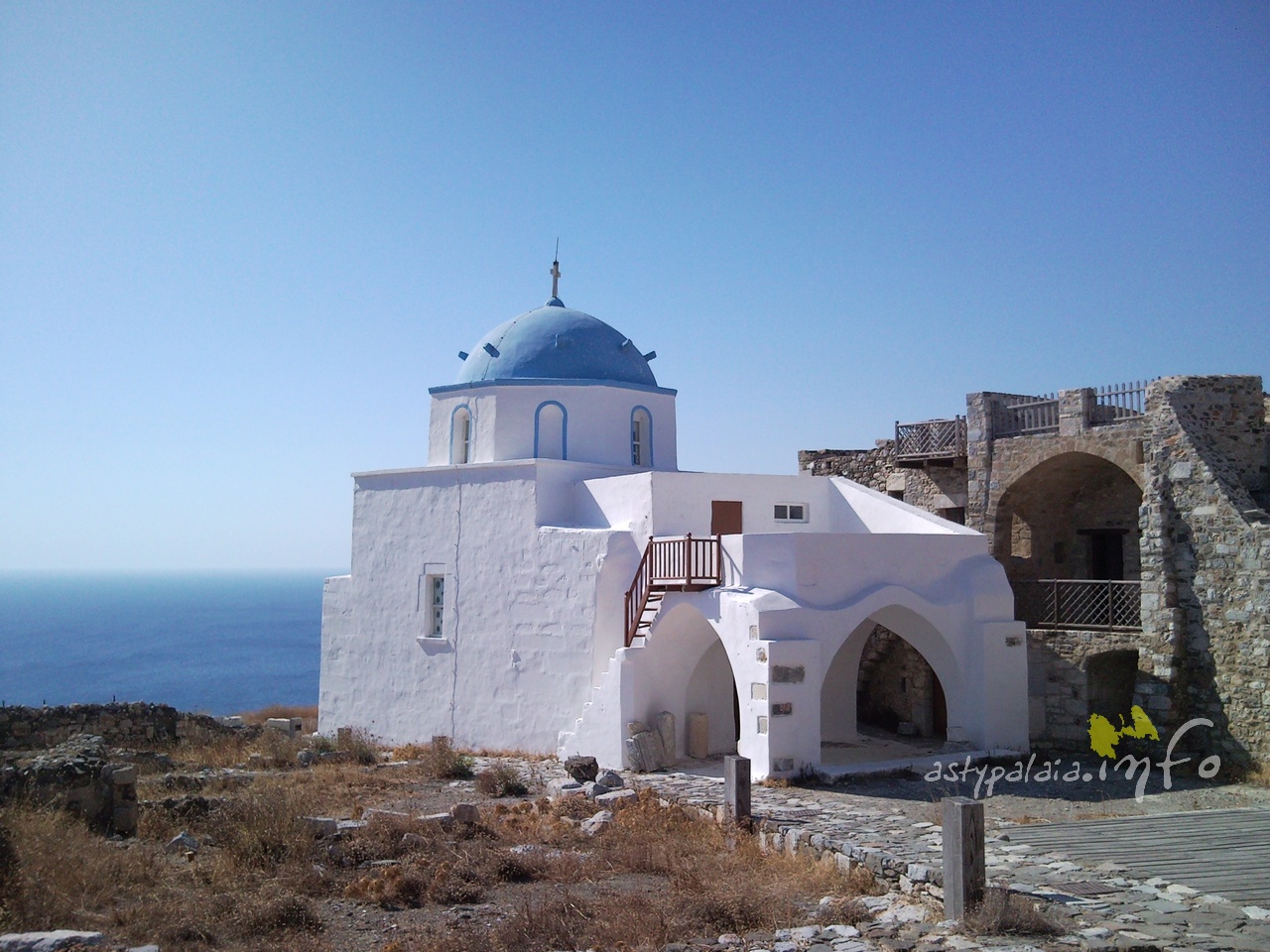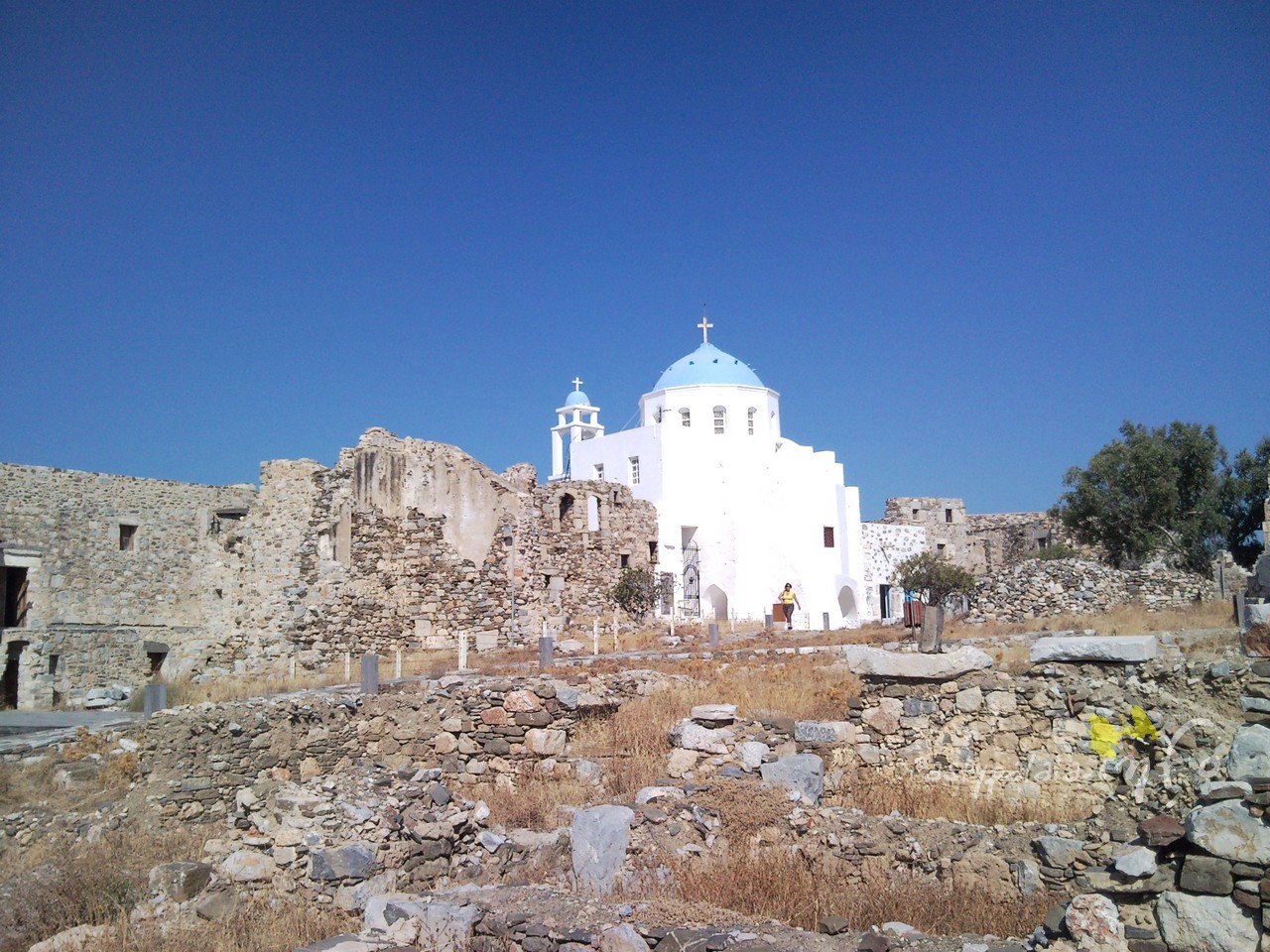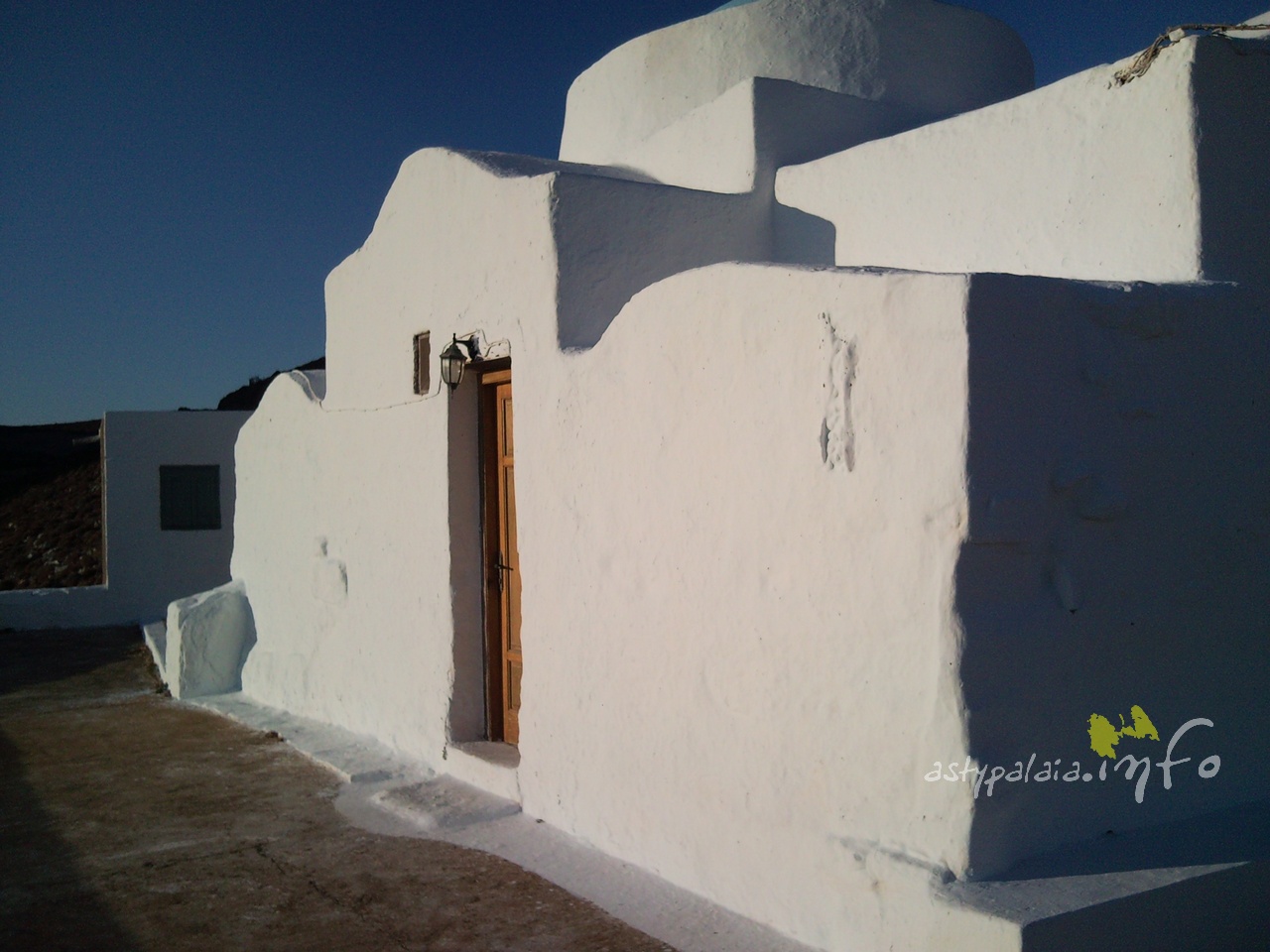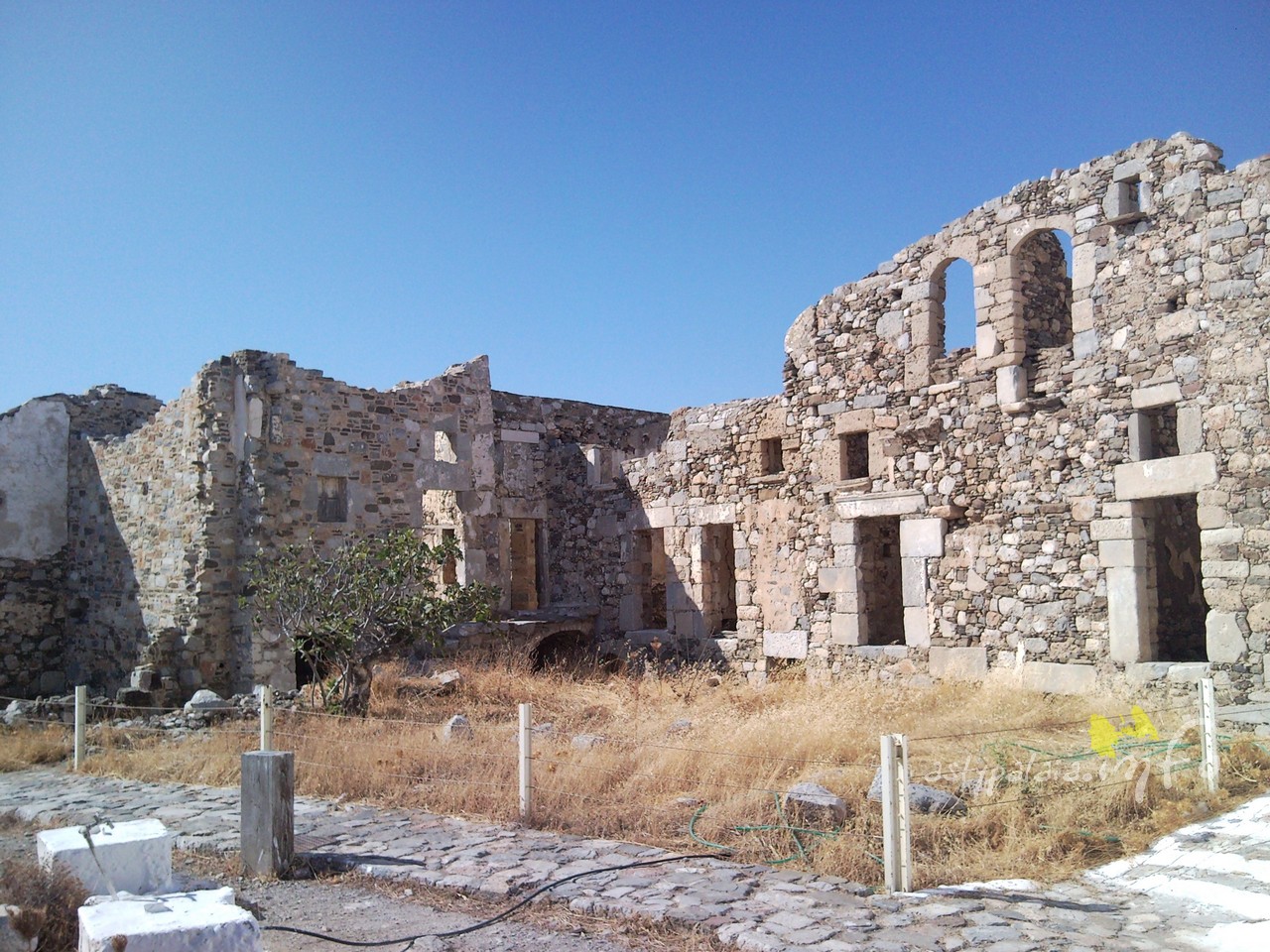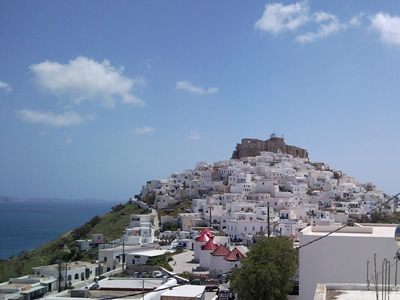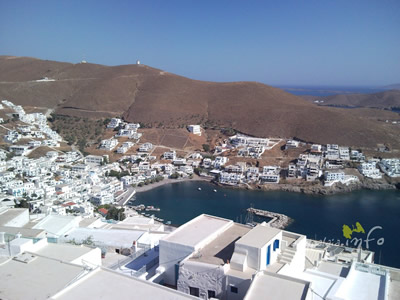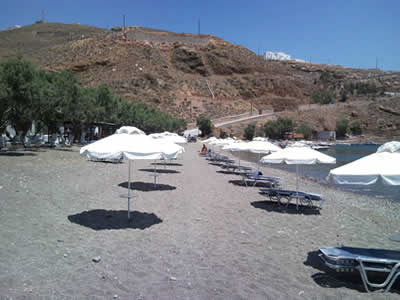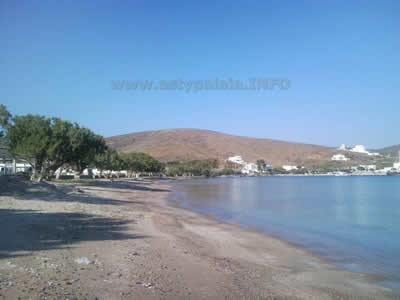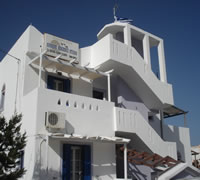Overview
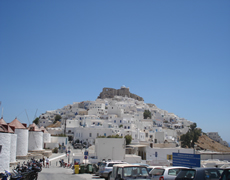
Astypalaea (or Astypalaia) is situated 117 nautical miles south-east of the port of Piraeus, 96 miles from the island of Rhodes, 23 miles west of the island of Kos and another 23 miles from the nearest of the Cyclades as it is the westernmost of the Dodecanese islands. The surface of the island covers 97 square kilometres and its highest peak is 482 meters. The island's permanent population numbers 1113 islanders that in-habit 4 major settlements: Astypalaea or Chora, Livadi, Maltezana and Vathi.
Chora was the only settlement in the island until the 19th century. As years went by, small white houses started being built beyond the castle walls and eventually the built up area went beyond the hill and reached the port of Pera Yalos. The wider area that Chora now covers in its characteristic Aegean colours of white and blue is often described as the most beautiful island capital in the Aegean Sea.
The medieval settlement was a densely built group of houses inside the Castle walls on the plateau on top of the hill. The houses that were nearer to the castle walls made the best out of the limited available space by joining their outer walls with those of the fortifications. Only a handful of these original medieval houses are preserved in good condition to the present day. A strong keep, known as the “Serai” is located along the southern walls. Inside the castle two beautiful churches are to be found among scattered broken columns and carved stones: the Panagia tou Castrou (Saint Mary of the Castle) and Agios Georgios (Saint George).
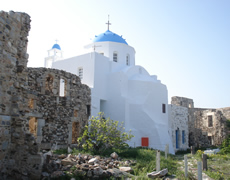
The Panagia tou Castrou church was built in 1853 near the arched entrance of the Castle. An ownership signature from 1413 and the coat-of-arms of the Querini family are kept inside the church. Agios Georgios was built in 1790. Beyond and around the Castle walls there is the multitude of houses in blue and white colour combinations and wooden balconies together with community churches and family chapels that create most pleasant scenery for any visitor to gaze upon. The red shades of geraniums, blossoming in countless pots along the narrow streets that are paved with cobbled stones, break the harmonious monotony of white and blue. There are squares or other wide open space of any to kind to be found in the older neighbourhoods of Chora. The architecture of traditional Astypa-laean houses is comparable to that found in the Cyclades islands.
Astypalaea is a kind of frontier between Cyclades and the Dodecanese. All over the island the characteristics of the Cyclades seem to outweigh those of the Do-decanese indeed. The most interesting part in a typical traditional house other than the fireplace and the divisions of the walls is the wooden loft in the far side of the main room that was used as a bed. Decorated with fine-woven laces and ex-quisite woodwork it stands at about two meters high and it can be reached with a ladder made of three wooden trunks that are placed one on top of the other. Three or four finely carved wooden shelves are seen next to the bed. This storage place is known as the “Krijola” and it is where the lady of the house keeps her most prized glassware.

